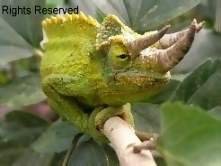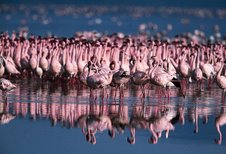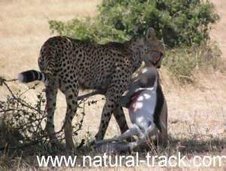The Kalenjins are estimated to have a population of about 2.7 million people according to 1993 census. They are an ethnic grouping of eight culturally and linguistically related groups or "tribes". These include; the Kipsigis, Nandi, Tugen, Keiyo, Marakwet, Pokot (sometimes called the Suk), Sabaot (who live in the Mount Elgon region, overlapping the Kenya/Uganda border), and the Terik. Their present-day homeland is Kenya's western highlands and the Rift Valley.
Together, the Kalenjin comprise Kenya's fourth-largest ethnic group. The Kipsigis are the largest Kalenjin population, with approximately 470,000 people.
The word “kalenjin” means I say to you in Nandi. Although not all kalenjins are Nandi the name kalenjin has also been used to refer even to the non nandi dialects such as the Kipsigis, Marakwet, Pokot and Tugen.
They migrated to this area 2000 years ago from southern Sudan. The majority of kalenjin groups have taken up agriculture from pastoralist which formed their original behavior. Some, however such as the Okiek have remained in the forests doing hunting and gathering. Beekeeping was also a common activity and the honey was used not only in trade but also for brewing beer.
For both males and females, becoming an adult in Kalenjin society is a matter of under-going an initiation ceremony. Traditionally, these ceremonies were held about every seven years. Everyone undergoing initiation (tumdo) thereby becomes a member of a named age-set (ipinda).
Polygamy was widely practiced, although most men cannot afford the expense of such unions because of the burden of paying the bride price. Regardless of the type of marriage, children were regarded as a blessing from God
Administration of the law is carried out at an informal gathering of the clan’s elders and other interested parties in the dispute called kok.
Unusual with other Kenyan tribes, Kalenjin doctors were usually women who used herbal remedies for their practices. They also had other amazing specialist doctors who could take out pieces of skull to cure certain ailment which is also practiced by the Abagusii and Kisii people.
Traditional Kalenjin clothing consists of skins of either domesticated or wild animals. Earrings were common for both sexes in the past, including heavy brass coils that made the earlobe stretch down almost to the shoulder. The staple Kalenjin food is ugali (a cake-like, starchy food that is made from white cornmeal mixed with boiling water and stirred vigorously while cooking. It is eaten with the hands and is often served with cooked green vegetables such as kale (sukumawiki)
PKP- Kenya safari
Natural Track safaris








